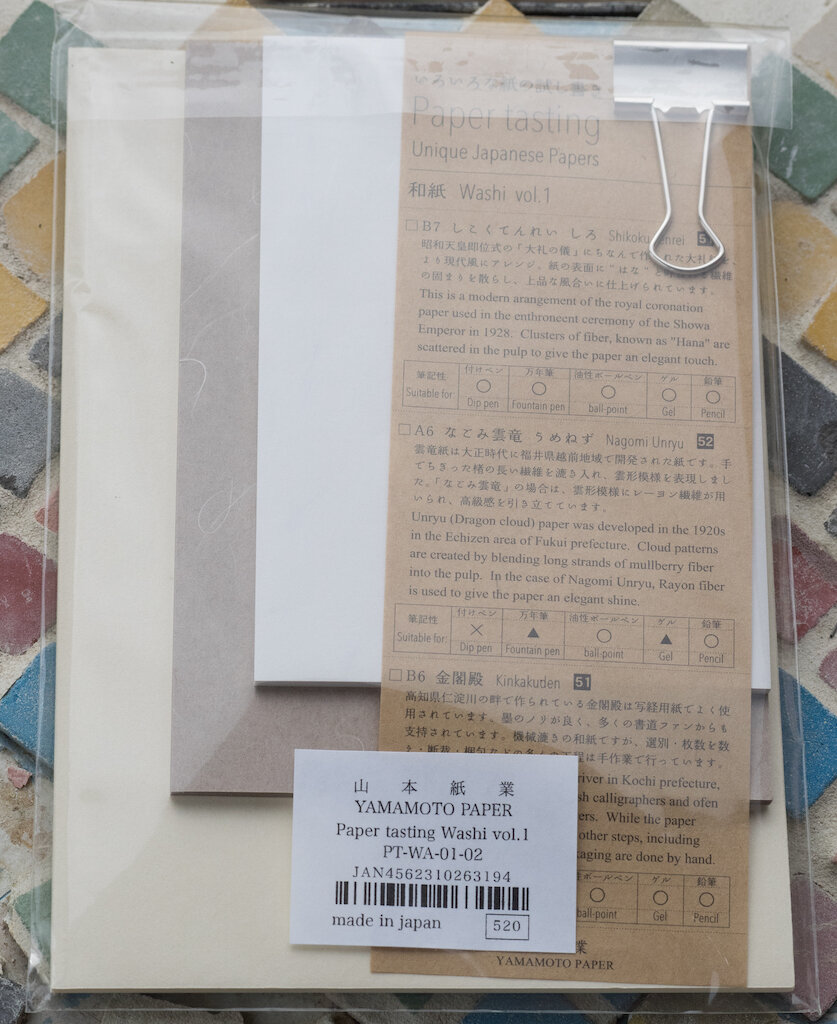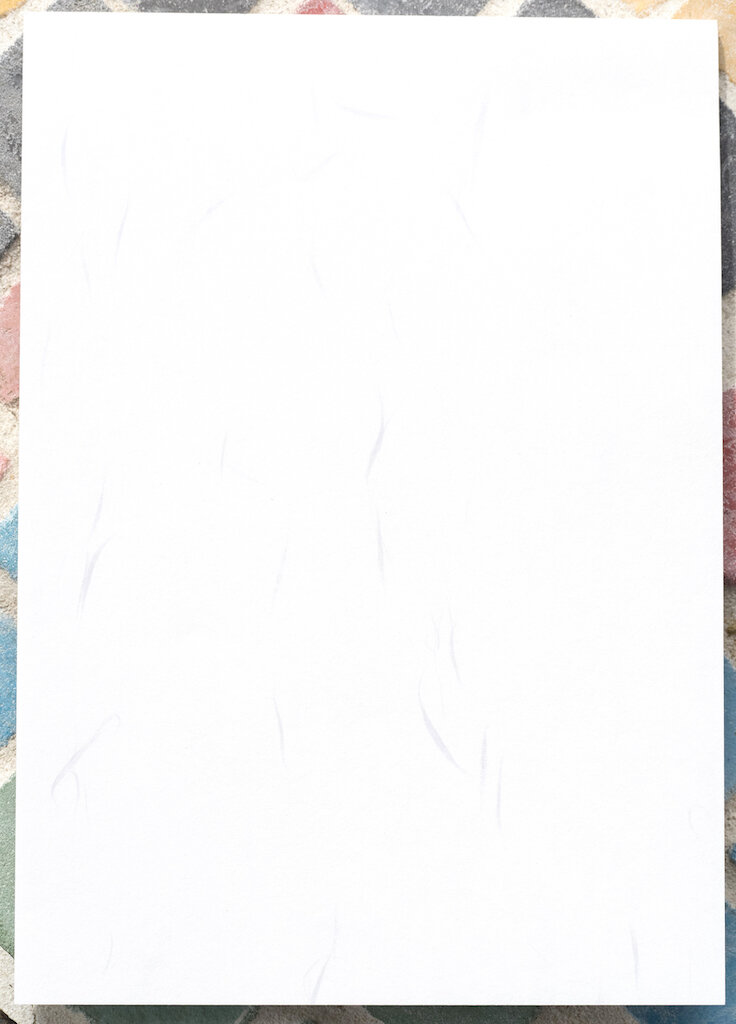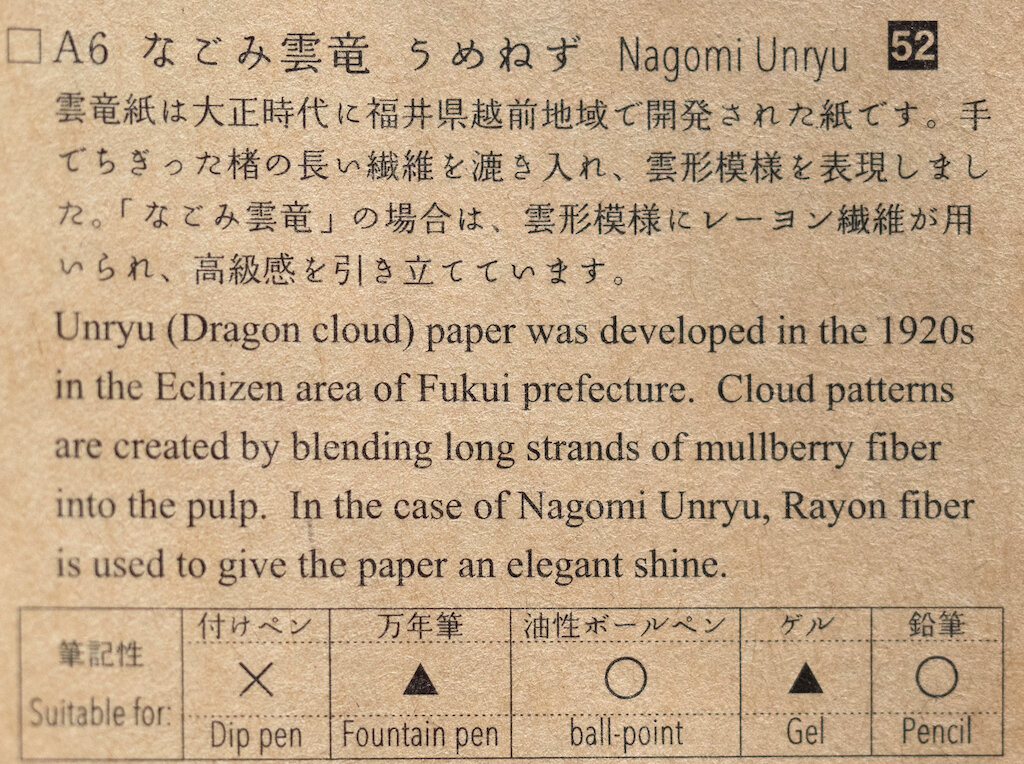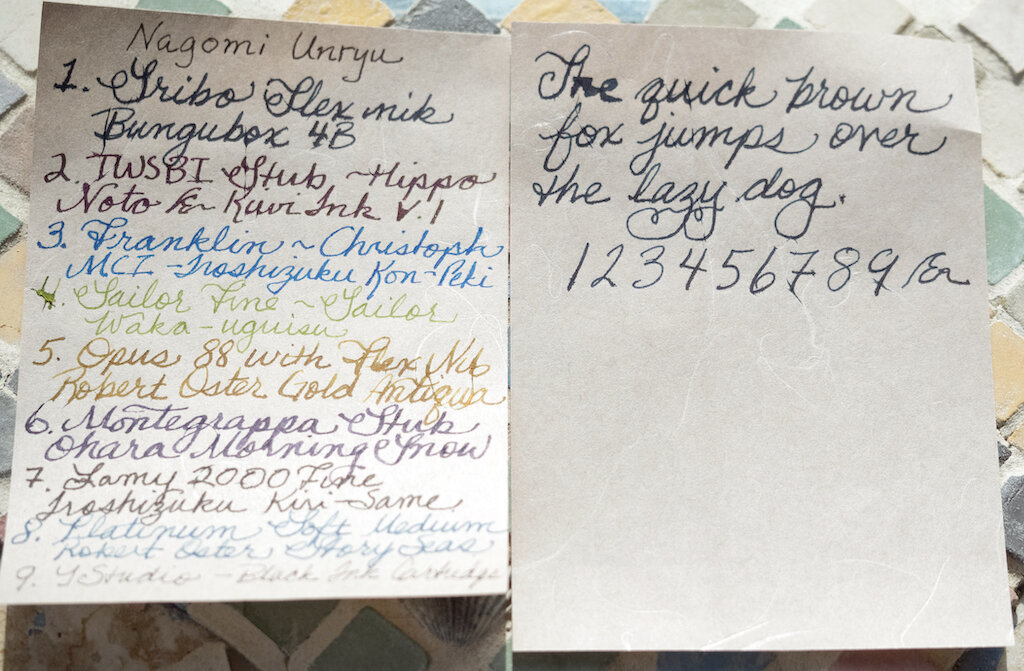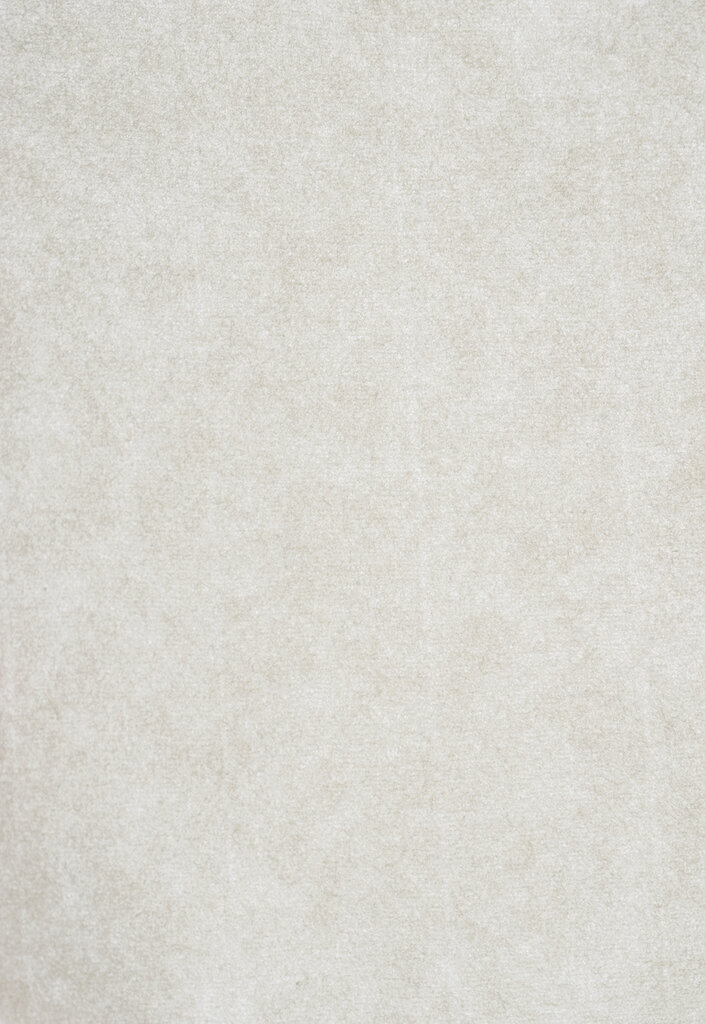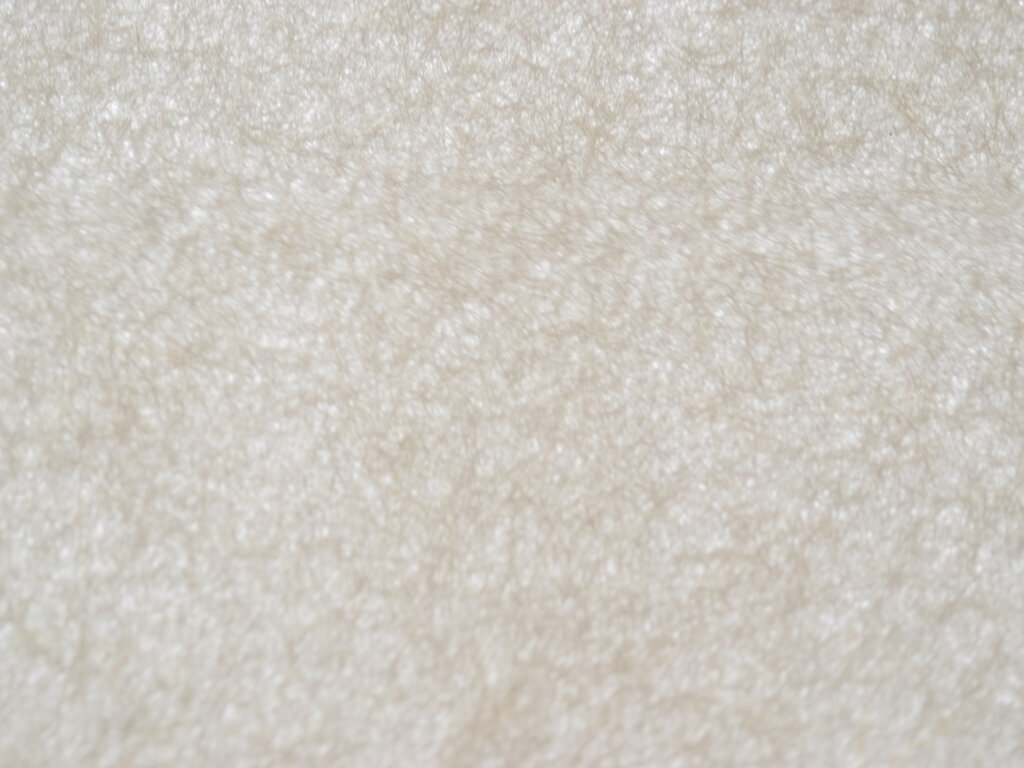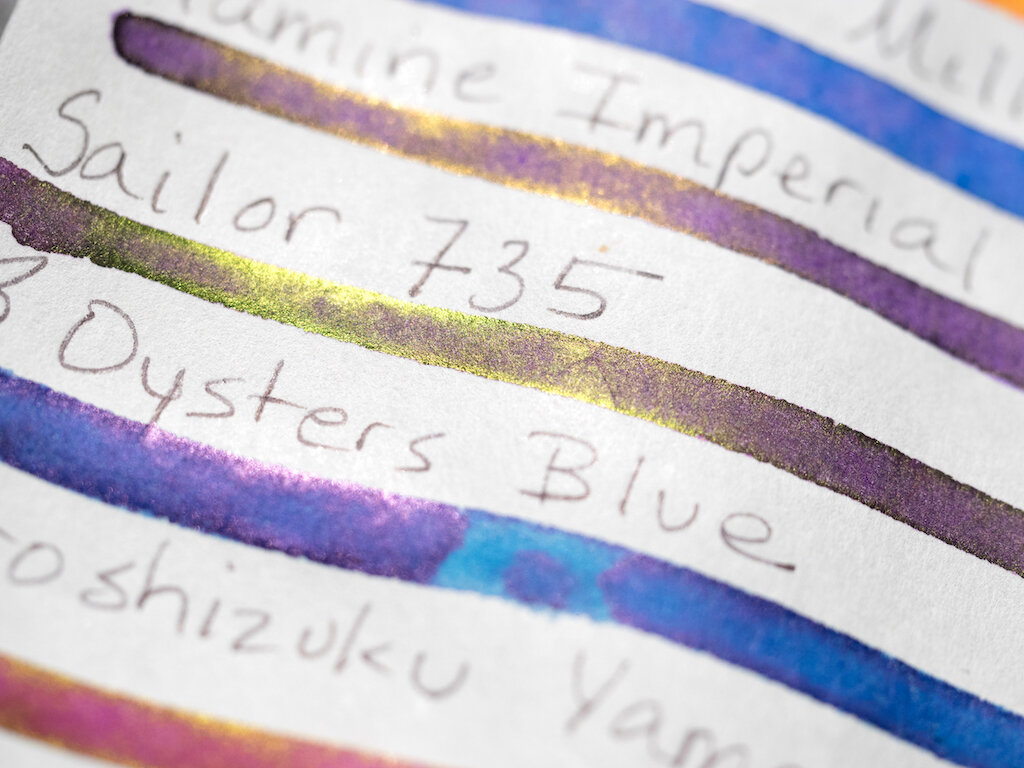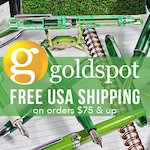(Susan M. Pigott is a fountain pen collector, pen and paperholic, photographer, and professor. You can find more from Susan on her blog Scribalishess.)
Back in May of 2020, I did a two-part review of the Yamamoto Fountain Pen Friendly Paper Collection (part 1 and part 2). I had a blast testing each type of paper and discovering that there's more to life than Tomoe River Paper (although there's that too)!
This week I'm reviewing a smaller collection of paper that Yamamoto calls "Paper Tasting." I love this expression, because, like wine, paper is a sensory experience that varies depending on the pens and inks you pair with the paper.
Although stationery addicts are familiar with washi tape, they may not know what washi paper is. I honestly didn't know what the difference between washi paper and other paper was. The term "washi" comes from "wa" (="Japanese") and "shi" (="paper"), thus "washi" means "Japanese paper." However, washi paper is typically made with natural fibers like kozo (mulberry) and gampi to give it texture and strength. (Source: https://japanobjects.com/features/washi-paper).
Washi Vol. 1 contains three papers: Shikoku Tenrei (slightly larger than B7 size: 90mm x 127mm/ 3.5 x 5 inches); Nagomi Unryu (slightly larger than A6 size: 110mm x 148mm/ 4.3 x 5.8 inches), and Kinkakuden (slightly larger than B6 size: 127mm x 181mm/ 5 x 7.1 inches). Each pad of paper is 25 sheets. In addition, the packet includes a pamphlet discussing the importance of paper grain, a binder clip, and a sheet describing each type of washi paper.
Shikoku Tenrei
Shikoku Tenrei is the smallest of the three paper samples. It is ivory with bits of Hana fiber scattered throughout. Hana fiber has a shiny white/silver appearance difficult to capture in photos.
The paper is smooth to the touch--you cannot feel the Hana fibers nor will they catch on your nibs. I tested nine pens and inks on Shikoku Tenrei. The paper handled all of them flawlessly. I noted no bleeding of the ink into the paper and, although there is show-through, none of the inks bled through the paper.
I also swatched eight inks with cotton swabs. Once again, the paper accepted the inks without any problems (no bleed through). This paper displayed sheen when it was present in the inks. One of the coolest effects was the Hana fibers shining through the inks.
I really like Shikoku Tenrei washi paper. It deserves its role as royal paper, because it is elegant and beautiful. I'd love to have larger sheets of this for bookbinding, and it would make excellent stationery (though the B7 size is a bit small for letter writing).
Nagomi Unryu
Who wouldn't love paper that is called Dragon Cloud? This brown, textured paper is embedded with rayon fibers that look like wisps of dragon breath. When you rub the paper between your fingers, you discover that the front side is smoother and the reverse side is more textured. The rayon fibers can be felt on both sides.
Because this washi paper has so much texture, it does not work well with fountain pens, especially fine-nibbed fountain pens. When writing, the nib catches on the textured paper and can even pull out the rayon fibers. I noticed that the ink bled into the paper and whenever it touched the rayon fibers, it spread along them. However, the paper is thick enough that the ink doesn't show through at all. The paper does have a tendency to curl up after you write on it.
The paper handled most of the ink swabs well, except for Yama-Budo, which bled. Ink also spread along the rayon fibers. I thought the larger swab of Scribo Grigio was fascinating with the rayon fibers dancing through it.
Nagomi Unryu is not a fountain-pen friendly washi paper, although it would be fine for regular pens and pencils. I think it is the most interesting paper in the set. With its dual texture and rayon fibers, it would work well as an art paper. I plan to try it with watercolors and ink/bleach splashes.
Kinkakuden
Kinkakuden was one of the papers included in the Yamamoto Fountain Pen Friendly Collection. It's a cream-colored paper with texture (but no obvious fibers like the other two papers in the set). If you hold the paper up to the light, you can see laid lattice marks (though this paper is made by machines, not by hand).
The paper has a smooth side and a more textured side. And, although there is texture in the paper, my nibs didn't catch like they did when I tested this paper back in May. It's possible I was writing on the side with more texture when I did my tests then. Ink does not bleed when you write and, although there's show through, none of the inks bled through the paper.
The paper is excellent for ink swabs. Unlike my previous test where the paper seemed to absorb sheen, it was quite obvious in this test on the smooth side of the paper. The paper does pucker beneath the wet swabs, but none of the ink bled through.
Kinkakuden is a lovely paper that can be used as stationery or for journaling and calligraphy.
I am such a paper nerd that I want to get all the Yamamoto Paper Tasting sets. You can find the Washi Vol. 1 set at JetPens for $10.80. Other sets available are Eggshell Vol. 1, Onionskin Vol. 1, Translucent Vol. 1, and Silky Vol. 1. Since these are all labeled "Vol. 1," I'm sure we can expect more volumes in the future.
(JetPens provided this product at no charge to The Pen Addict for review purposes.)
Enjoy reading The Pen Addict? Then consider becoming a member to receive additional weekly content, giveaways, and discounts in The Pen Addict shop. Plus, you support me and the site directly, for which I am very grateful.
Membership starts at just $5/month, with a discounted annual option available. To find out more about membership click here and join us!

